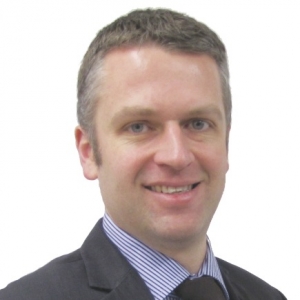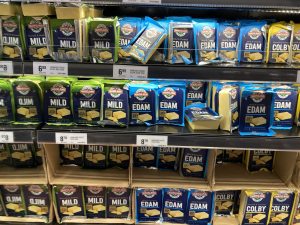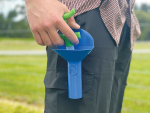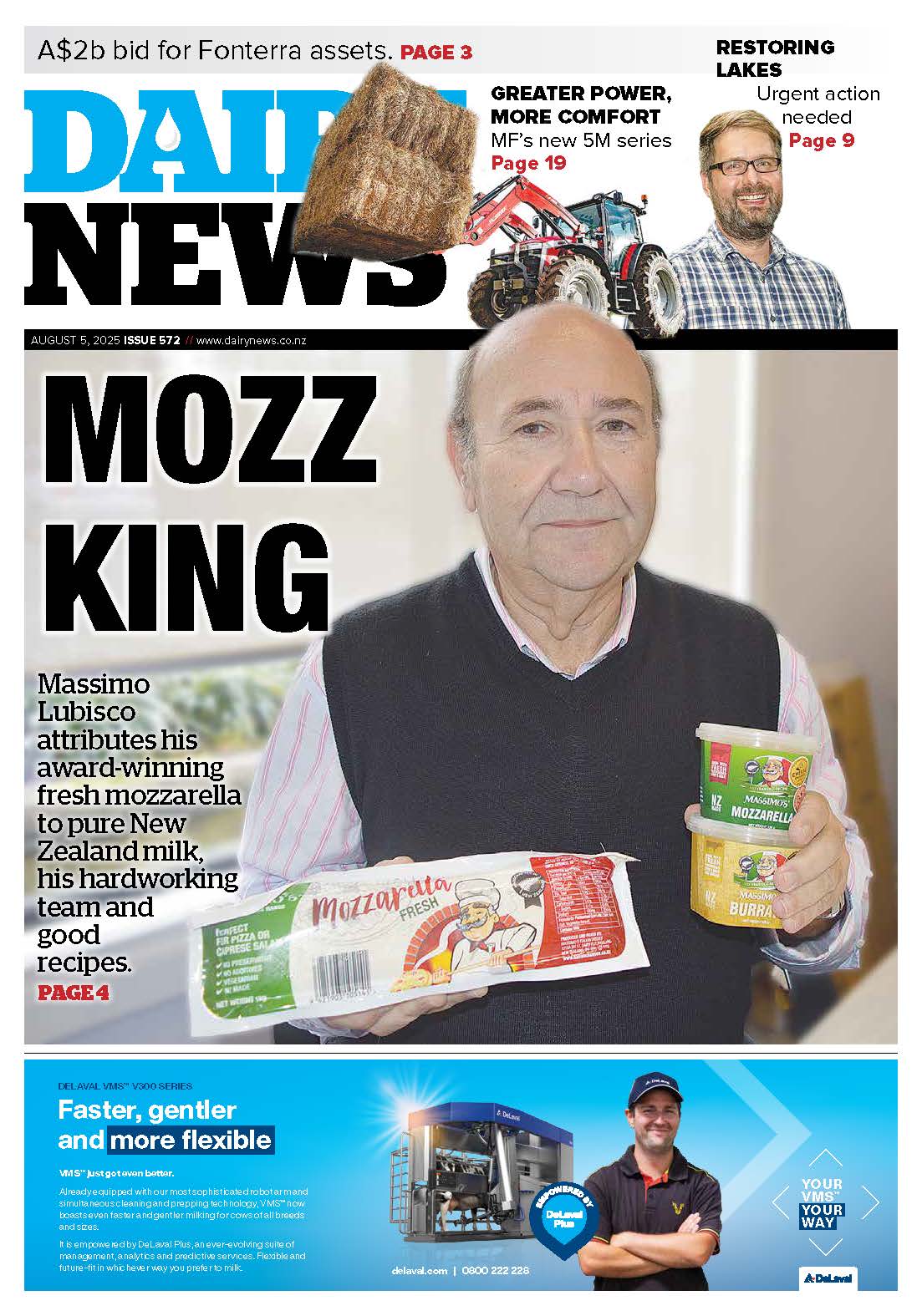Various livestock valuation methods are available to farmers, but the valuation methods most commonly used are NSC and the ‘herd scheme’. As a result, the changes will have wide impact on dairy farmers.
Should you care about a change in valuation methodology? Yes. It is important for dairy farmers using the NSC valuation method because any increases in value arising under the NSC valuation method are taxable income to the farmer.
The change in methodology is likely to cause increases in livestock carrying values for farmers using NSC of about $400 per head for rising two-year-old livestock. This will also have a flow-on effect on the value of mixed-age cows in future income years. For a dairy farmer with 100 rising two-year-old heifers on hand at balance date, an extra $40,000 of income will arise solely from a change in the valuation methodology in the 2014 income year.
The fundamental driver of the change is that the existing NSC methodology had not kept up with current New Zealand farming practices in respect of the costs incurred by a farmer in growing a rising one-year-old animal into a rising two-year-old animal during the course of that year. In the 2013 financial year, the NSC of growing a rising one-year-old animal into a rising two-year-old animal was $119.20 per head. Under the revised methodology, it is likely to be about $500 per head.
To understand why the change has been made, it is important to understand the methodology behind the NSC valuation method. NSCs are calculated using an approved methodology where direct costs of ‘breeding’, ‘rearing’ and ‘growing’ immature livestock are taken into account to determine a national average cost of production for each type of livestock. The NSC figures are supplied to the IRD under contract with Beef + Lamb New Zealand’s economic service, using actual on-farm cost data from representative sources.
Where the existing methodology fell down is that it has not changed to take into account the trend of dairy farmers treating the dairy farm solely as a milking platform with replacement stock being predominantly reared off-farm. Previously, replacements were more often reared on-farm or on a run-off block owned by the dairy farm operator. It is the inclusion of the extra grazing costs in the NSC valuation methodology that will result in the sharp increase in value.
NSC was designed to ensure each individual farmer would not need to suffer the high cost of doing their own full-scale cost allocation accounting system to value livestock. NSC generates values acceptable to both farm business and the IRD, except for anomalies that have developed over time, such as the one being addressed with these changes.
The IRD has recognised that such a fundamental change, which will bring with it increased income for dairy farmers, cannot be brought in in one fell swoop. Accordingly, the change will be phased in over three income years commencing with the 2014 NSC determination.
Farmers valuing dairy cattle using NSC will see increased values and increased taxable income over the next three years as a result of the change. As such, it may be an opportune time to reconsider what valuation options you will use, and in particular whether it is an opportune time to enter the herd scheme, particularly given the drop in herd scheme values for the 2013 year. Farms should bear in mind, however, that once they have chosen to value their livestock under the herd scheme, this is an irrevocable election following changes to that valuation method as a result of changes introduced as at 18 August 2011.
• Tony Marshall is a tax advisory principal with Crowe Horwath, Dunedin.
















